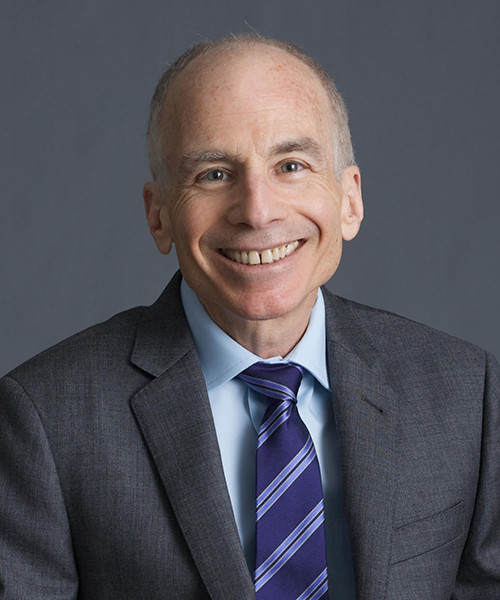On February 1, 2016, the World Health Organization (WHO) director-general
declared Zika-associated clusters of neurological abnormalities across Latin America a Public Health Emergency of International Concern (PHEIC) under Article 12 of the International Health Regulations (2005).
There is now scientific consensus that the Zika virus is a cause of microcephaly and Guillain-Barré syndrome, as well as a
spectrum of abnormalities identified in babies known as congenital Zika virus syndrome. Sixty-seven countries—70 percent in the Americas—
have reported outbreaks of mosquito-borne Zika virus since 2015. In addition, 12 countries
have reported person-to-person transmission, such as through sexual intercourse.
There is no currently available vaccine; mosquito abatement is the primary focus, as well as prevention of sexual transmission. Health education requires connectivity with affected communities and tailoring for different languages, genders, ages, education levels, and cultures. Proposed mosquito control strategies must also be economically and culturally feasible for communities.
It is all too easy for governments to turn their public health obligations into mandates of individual responsibility or to undermine the realization of internationally recognized human rights. Latin American countries—including
El Salvador,
Brazil,
Colombia, and Ecuador—advised women to avoid getting pregnant to reduce the risk of miscarriage or babies born with congenital Zika virus syndrome. Unfortunately, for most countries in the Americas, legal, socioeconomic, political, and religious barriers impede access to reproductive health services including contraception, abortion, and maternal/child healthcare. In response to the pressing need for ensuring access to barrier method contraception to prevent the sexual transmission of Zika,
Pope Francis departed from Catholic tradition, stating that in situations of special urgency, the use of contraceptives or condoms to avoid pregnancy “is not an absolute evil.” However, Pope Francis condemned abortion; a position reflected in the
complete or partial bans on abortion in many Zika-affected countries.
The protection of women’s reproductive rights has become a flash point between religion and international human rights since the beginning of the Zika epidemic. Governments’ denial of reproductive rights is doubly harmful—both for the woman’s dignity and her right to avoid giving birth to an infant with congenital abnormalities. At the same time, community-based organizations, including faith-based groups, have an important role in responding to Zika. Often, they are on the front line in providing education and social support in local communities, alone or in partnership with public health agencies. This role is particularly relevant when engaging communities that may be physically, linguistically, or culturally isolated. As part of the Zika Strategic Response Plan, WHO
expressly recommended that international and non-governmental organizations actively engage with community-based organizations including cultural, social, faith-based, and women’s groups. This involves mapping existing networks and community platforms in a local area to see how they might be able to form partnerships to contribute to the response to Zika.
Following the 2013 to 2015 Ebola epidemic, international organizations and national governments did not promptly and comprehensively understand West Africa’s diverse religious and cultural communities. As a result, partnerships with local communities were
reportedly delayed, missing opportunities to mobilize community knowledge, networks, and trust in mounting a rapid response. During that outbreak, faith communities were not only integral in providing education and information about preventing Ebola infections and seeking medical care, but were also critical in the response itself.
At least 20 percent of new Ebola infections were reportedly transmitted during burials of deceased Ebola patients, such as through religious rites that involve directly touching or washing the body. Developing a culturally acceptable burial practice that reduced the risk of transmission of Ebola was a critical step in the epidemic response. In collaboration with the IFRC and faith-based organizations, the WHO’s
safe and dignified burial protocol was developed and implemented in late 2014.
Importantly, community engagement is not simply a one-way street from public health authorities or international organizations to communities. Local leaders, including faith leaders, are likely to the most knowledgeable about their communities, their needs, and the strategies that will be effective and accepted. Community-based organizations may be the critical component of not only responding to the Zika outbreak, but providing the sustained response critically needed for ongoing support of mothers and their babies.
In countries without universal health coverage or integrated social welfare systems, persons with disabilities are especially vulnerable. In many countries, government health and social services may be ill-equipped to provide the support needed for individuals to live healthy and fulfilling lives following disability from neurological syndromes including microcephaly. Unfortunately, infectious disease outbreaks often only attract attention during the transmission phase. Ensuring the right to health and the rights of children, women, and persons with disabilities must extend beyond the declaration of a PHEIC. Here, community-based organizations, including faith-based organizations, play a critical role in providing support.
Public health is inherently public and local, requiring knowledge of a community’s cultural, political, economic, and religious circumstances. While religion and law are sometimes in tension, they are more often in harmony. As the Zika epidemic unfolds, underlying injustices and discrimination must not be forgotten. Governments must partner with community and religious leaders to uphold their international human rights obligations, including the rights of women, their children, and people with disabilities.


